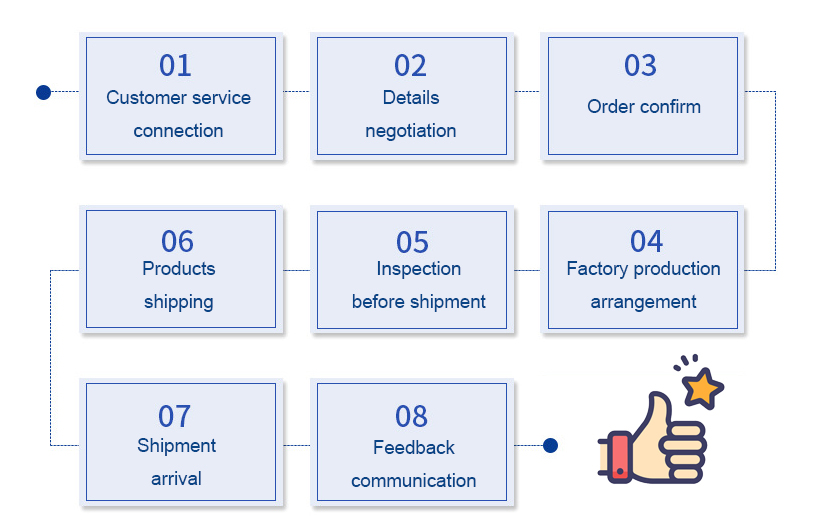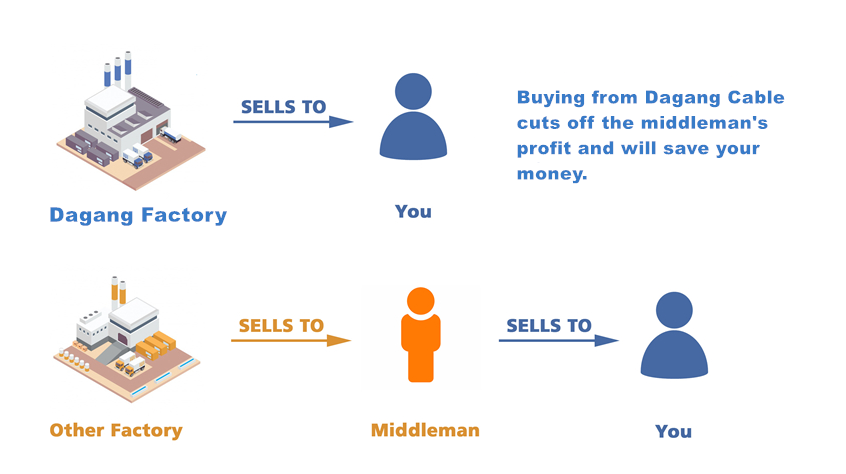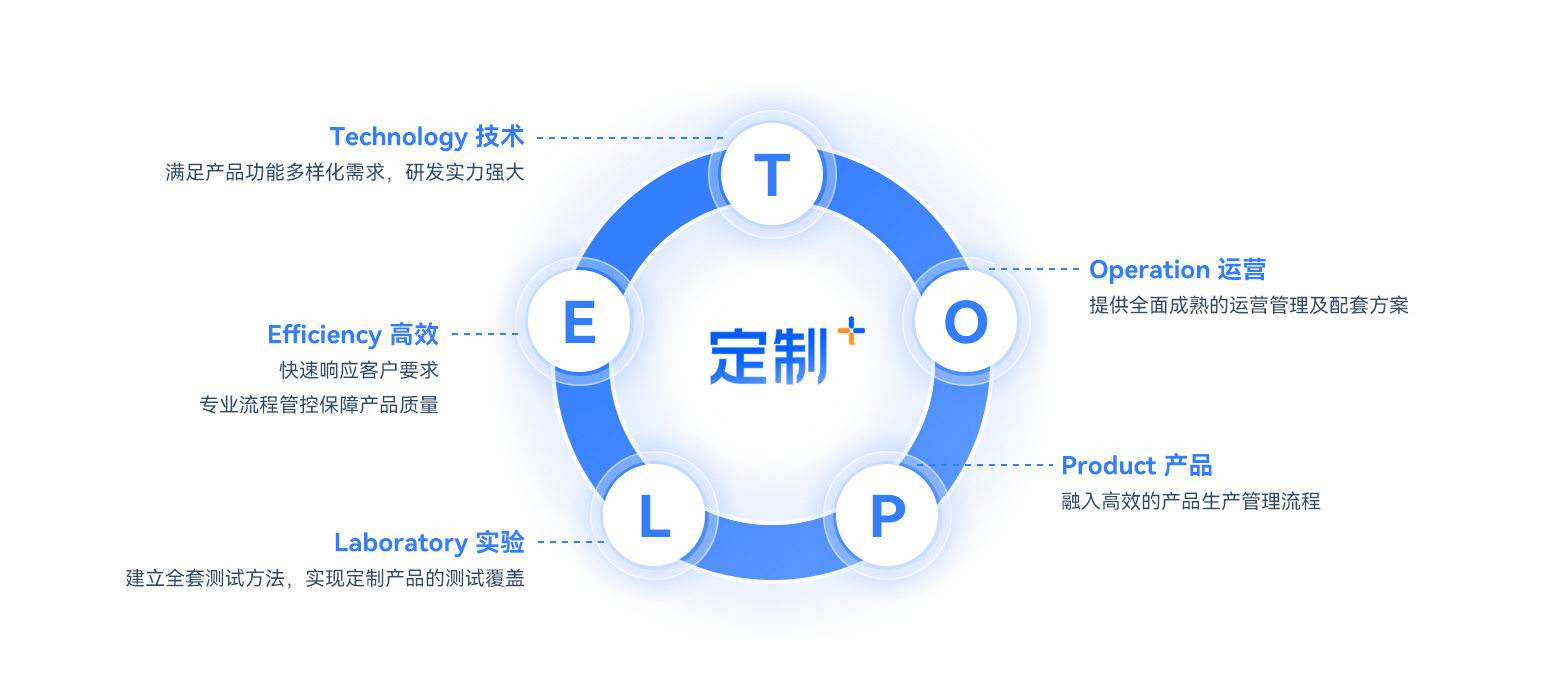摘要:随着定制化的崛起,当今世界的消费需求日益个性化。理解并满足客户的定制化需求成为关键。通过深入了解消费者偏好,企业不断采用创新技术,提供个性化的产品和服务,以满足客户的独特需求。定制化的趋势正在改变消费模式,为企业带来机遇与挑战,需灵活应对以顺应时代潮流。
In today's rapidly evolving world, the concept of customization has become increasingly significant. From fashion to technology, from consumer goods to services, the demand for personalized experiences is growing at an unprecedented rate. This shift reflects a fundamental change in consumer behavior and expectations, where individuals seek products and services that not only meet their basic needs but also align with their unique preferences and lifestyles. Understanding and meeting these customized needs is crucial for businesses looking to stay competitive in the market.
The rise of customization can be attributed to several factors. Firstly, the advent of technology has made customization more feasible and accessible than ever before. With advanced manufacturing techniques and digital tools, businesses can now produce customized products and offer personalized services at scale. Secondly, the rise of the digital era has led to the emergence of personalized experiences across various industries. Consumers now have access to a wide range of information and are more aware of their preferences and needs than ever before. They demand products and services that are tailored to their specific requirements and preferences.
Meeting customized needs requires a deep understanding of consumer behavior and preferences. Businesses need to identify the specific needs of their target audience and develop products or services that cater to these needs. This may involve conducting market research, analyzing consumer data, and understanding the latest trends in the industry. Additionally, businesses need to adopt flexible business models that can accommodate personalized experiences without compromising on quality or efficiency.
In the realm of fashion, for instance, customers now demand clothing that not only looks good but also reflects their personal style and identity. They want clothing that is tailored to their specific measurements and preferences. Similarly, in the technology industry, consumers want devices that are not only functional but also reflect their unique preferences and lifestyles. They demand devices with customized features and interfaces that are tailored to their specific needs.
To meet these customized needs, businesses need to adopt a customer-centric approach. They need to focus on understanding the specific needs of their customers and develop products or services that cater to these needs. This may involve adopting agile methodologies that allow for quick iteration and adaptation based on feedback from customers. Additionally, businesses need to leverage technology to its fullest potential, using advanced manufacturing techniques, digital tools, and data analytics to create personalized experiences at scale.
Moreover, businesses need to build trust and transparency with their customers to meet customized needs effectively. They need to ensure that customers feel comfortable sharing their preferences and feedback, which is crucial for businesses to understand their specific needs better. Additionally, businesses need to ensure that they deliver on their promises, delivering products or services that are not only tailored to customer needs but also meet their expectations in terms of quality and performance.
In conclusion, the rise of customization reflects a fundamental shift in consumer behavior and expectations. Understanding and meeting customized needs is crucial for businesses looking to stay competitive in today's market. By adopting a customer-centric approach, leveraging technology, and building trust with their customers, businesses can create personalized experiences that not only meet the specific needs of their customers but also drive growth and success.



